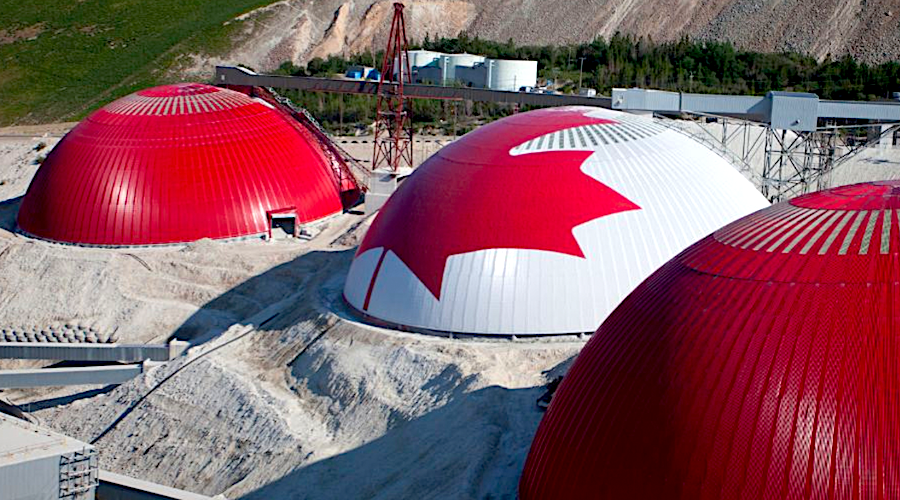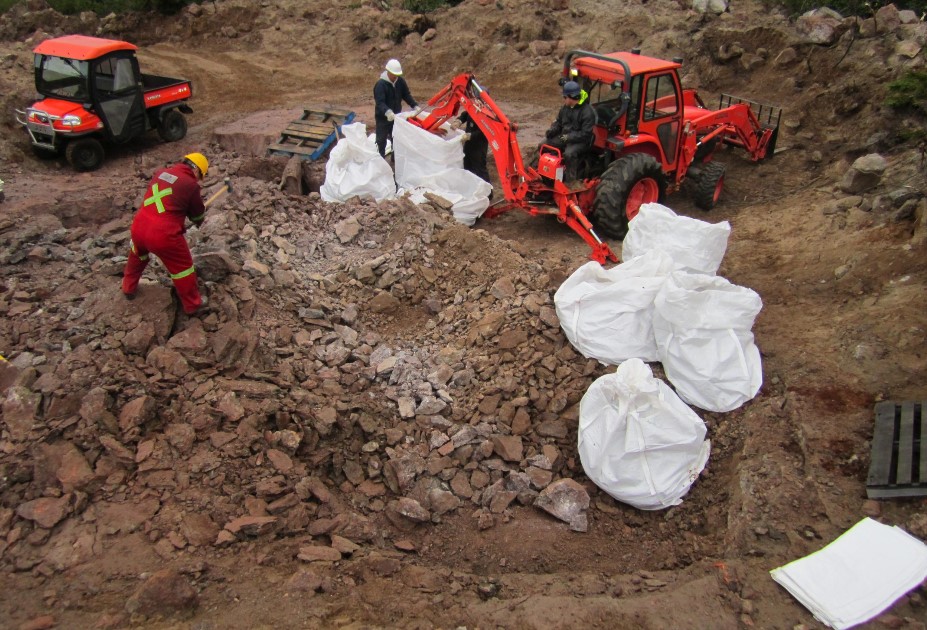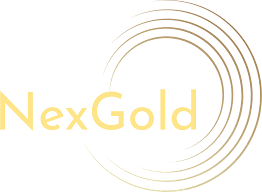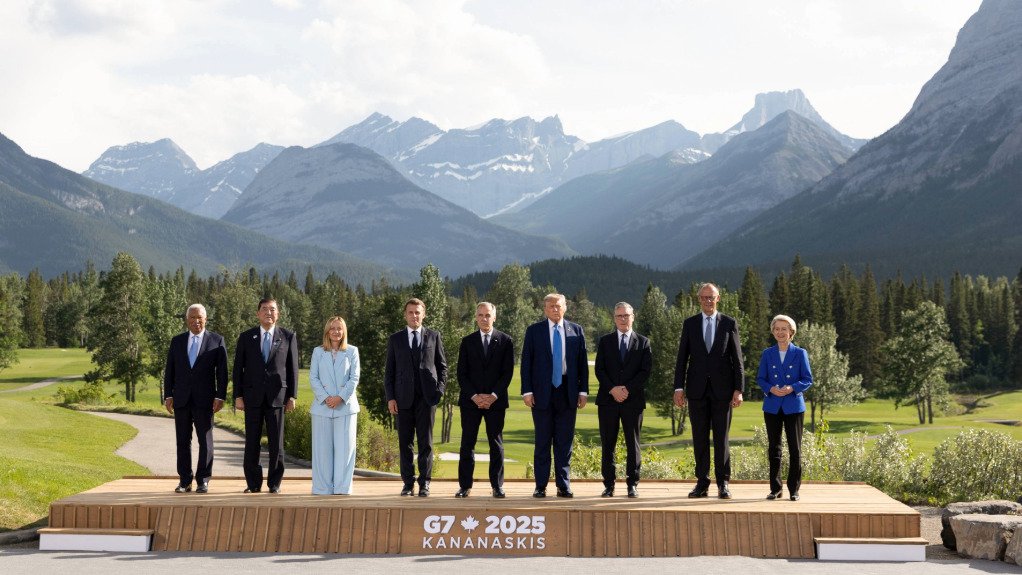Two Léger Marketing polls commissioned by the Canadian Boreal Initiative (CBI) of Quebecers' attitudes toward the mining industry, show that they put our industry very low on their list of priorities. The majority dislike current laws that favour the rights of mining companies over private landowners, Aboriginal communities and municipalities. They want environmental protection and community/property rights prioritized in mining legislation reform. They want higher mining royalties. And they want a province-wide independent evaluation of the economic, health and environmental impacts of potential uranium projects before any are approved.
This is a long-ish list of negative opinion for our industry to chew over. But public opposition to exploration and mining is not a surprise to our readers. By far the vast number of people living in Canada's large cities and southern communities think little – and know less – about mining. They just don't seem to get the message from the industry that responsible, sustainable mineral extraction is a bedrock feature of the Canadian economy.
I am no newcomer to mining, having been an interested observer on the CMJ staff for over 35 years, and it was ever so – the general public does not understand the economic importance of mining, the extremely sophisticated level of the technology involved, nor that ours is a sustainable industry.
Sadly, I am of the opinion that the majority of Canadians don't want to know what responsible mining is. Mines, miners and the professional organizations that represent them have tried repeatedly in my experience to educate the public about the importance of the industry. Even the federal government has gotten into the picture with several of its Action Plan booster commercials that mention the resource industries. Alas, the message seems always to fall on deaf ears.
Before I lose heart completely, I am going to remember that the latest polls were commissioned by an organization with a conservation focus (BorealCanada.ca). BCI wants the forest to remain unchanged, and any information it disseminates likely comes with that bias. BCI ignores the fact that the impact of mining on the landscape is temporary, albeit perhaps decades long, and the area can be reforested in the future.
Suzann Méthot, CBI's regional director in Quebec, said: "These surveys clearly show that that the mining industry needs to take immediate action to bring itself into the 21st Century. It can start by ending their defense of the outdated idea that the rights of mining companies should supersede those of individuals, communities, and the environment."
Exploration and mining companies in Quebec have already had a taste of the public's "me first" attitude with Bill 14 that gives 1,200 individual municipalities a say in where exploration and development could occur. Their lack of knowledge about the formation and location of minable deposits will only stimulate "not in my backyard" syndrome. The bill also boosts the costs of exploration and development and the timeline needed for approval of a project.
Suddenly it's no surprise that Quebec has fallen so far in the Fraser Institute's ratings of best places to mine. The drop from three years in first place (2007 to 2010) to eleventh spot in 2012 is only going to continue unless public attitudes change.
Quebec is home to approximately 21 metal mines. As recently as 2011 the mining industry contributed $7.7 billion to the Quebec provincial product. Does the province want to forego that level of income for its residents? Does the province want to forego the billions in royalties, corporate taxes and personal taxes paid by the industry?
The province's flip-flop on its "Plan Nord" is another indication that Quebec does not value its mineral industry. The $80-million infrastructure and transportation program was announced less than a year ago as a means of opening Quebec's northern regions for the resource industry. A September election brought a change to the provincial government, and suddenly Plan Nord was targeted for change, watered down, and sidelined.
I'm sorry to say the future of mining in Quebec looks less than promising at this time. That's not for lack or resources, but for lack of value the majority of Quebecers put on them. They will feel the loss.





Comments
Jean-Jacques Treyvaud
This article is frightening ! Most of people in Quebec do not understand the importance of our mining industry. This is may be the fault of our education system where kids are learning how to kill through their favorite video games but have no idea how the technology they use come from. Eevrythjing comes out of a computer… They don’t know that their milk is milked from a cow, their father’s car is made with metals out of our mines, electric power : you just plug in and here it comes… wires are made with copper, aluminum, power lines are built in steel
but who cares… you just have to plug in… and no poles in my backyard please…
Robert
This article does not deal with the investment and resulting employment that results from exploration. Our small company from Saskatchewan was ready to partner with citizens from Quebec on an exploration project where we would have spent over 1 million and with the election, I phoned our partners and cancelled the project until we know what the new government is going to do. WAY TO MUCH RISK TO INVEST IN MINING IN QUEBEC RIGHT NOW.
RookieCanadianInvestor
I have to admit as a boy who grew up in the City, and in the country of Mid to Southern Ontario (and Eastern) I never heard anything, nor was I taught anything about the mining industry my whole life. I only recently had my eyes opened to it at age 42 because I decided to start saving and investing money. Even today with my passion for info on mining etc. I have to dig and dig for it. I don’t see anything on public bus shelters (where most city folks will see it) or transit ads, street level marketing, etc. about mining. I know the money is being spent by the mining industry on education, but it seems to me that this is only being spent in the communities where mining is happening.
Why not setup booths or store-fronts on Young Street to attract both investors and teach the public about mining. Sure there will be protests, but if you leave it open 24-7 365, eventually the protests will slow down and the public will get a chance to walk in and grab info or talk to someone. Just a thought. Put it in the public eye if you want the public to learn more.